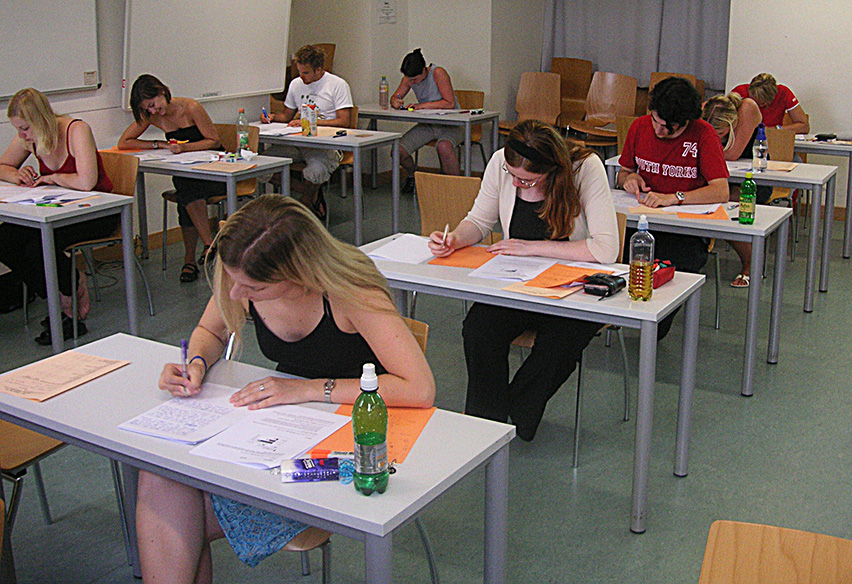Social Influence Interpretation of Interpersonal Processes and Team Performance Over Time Using Bayesian Model Selection
The team behavior literature is ambiguous about the relations between members’ interpersonal processes—task debate and task conflict—and team performance. From a social influence perspective, we show why members’ interpersonal processes determine team performance over time in small groups.
Personality and the Prediction of High-Risk Trajectories of Alcohol Use During Adolescence
Early onset of alcohol use and persistent use of alcohol during adolescence have been associated with later problem behavior, such as heavy drinking and the use of other substances.
Constrained statistical inference: sample-size tables for ANOVA and regression
Researchers in the social and behavioral sciences often have clear expectations about the order/direction of the parameters in their statistical model. For example, a researcher might expect that regression coefficient β1 is larger than β2 and β3.
Experience of traumatic events disrupts measurement invariance of a posttraumatic stress scale
Studies that include multiple assessments of a particular instrument within the same population are based on the presumption that this instrument measures the same construct over time. But what if the meaning of the construct changes over time due to one’s experiences?
Reducing bias due to systematic attrition in longitudinal studies: The benefits of multiple imputation
Most longitudinal studies are plagued by drop-out related to variables at earlier assessments (systematic attrition). Although systematic attrition is often analysed in longitudinal studies, surprisingly few researchers attempt to reduce biases due to systematic attrition, even though this is possible and nowadays technically easy.
The relationship between behavioural problems in preschool children and parental distress after a paediatric burn event
This study examines mother- and father-rated emotional and behaviour problems in and worries about 0- to 5-year-old children at 3 and 12 months after a burn event and the relation with parental distress.
The effectiveness of a proactive coping intervention targeting self-management in diabetes patients
The study’s aim was to investigate psychological, behavioral and medical long-term outcomes of an existing self-management intervention targeting the development of proactive coping skills (e.g. goal setting and identifying barriers) in type 2 diabetes patients.
Promotion of students’ mastery goal orientations: does TARGET work?
Achievement goal orientations are important for students’ ongoing motivation. Students with a mastery goal orientation show the most advantageous achievement and motivational patterns. Much research has been conducted to identify classroom structures which promote students’ mastery goal orientation.
Guilt in Bereavement: The Role of Self-Blame and Regret in Coping with Loss
Despite the apparent centrality of guilt in complicating reactions following bereavement, scientific investigation has been limited. Establishing the impact of specific components associated with guilt could enhance understanding.
A Gentle Introduction to Bayesian Analysis: Applications to Developmental Research
Bayesian statistical methods are becoming ever more popular in applied and fundamental research. In this study a gentle introduction to Bayesian analysis is provided. It is shown under what circumstances it is attractive to use Bayesian estimation, and how to interpret properly the results.
Anger: Cause or Consequence of Posttraumatic Stress? A Prospective Study of Dutch Soldiers
Many studies have shown that individuals with posttraumatic stress disorder (PTSD) experience more anger over time and across situations (i.e., trait anger) than trauma-exposed individuals without PTSD. There is a lack of prospective research, however, that considers anger levels before trauma exposure.
Bayesian analyses: where to start and what to report
Most researchers in the social and behavioral sciences will probably have heard of Bayesian statistics in which probability is defined differently compared to classical statistics (probability as the long-run frequency versus probability as the subjective experience of uncertainty).













